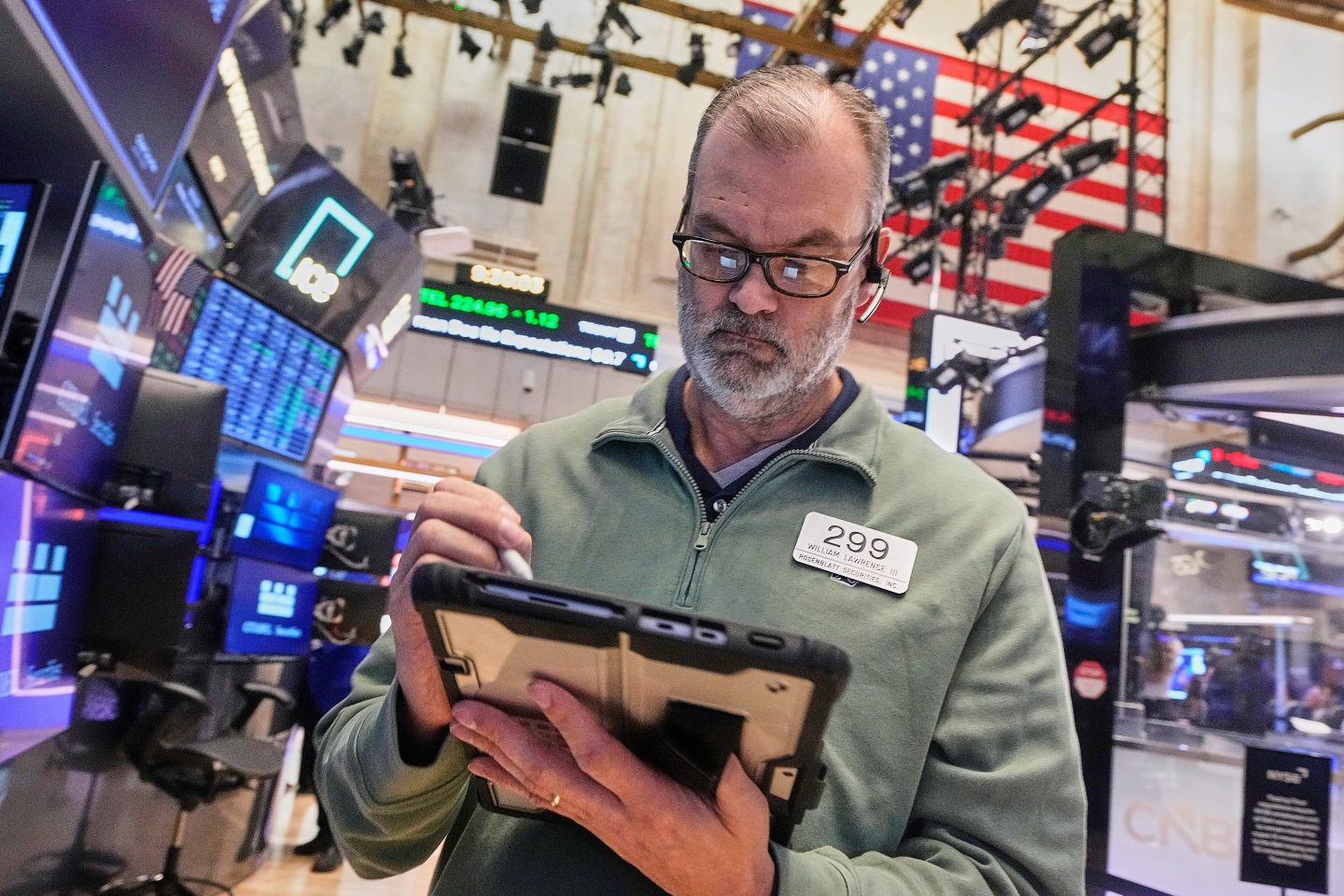My colleague Jeff John Roberts reported the news: The Second Circuit Court of Appeals on Thursday scolded but did not remove Michael Bromwich, the former U.S. Inspector general who has been monitoring Apple’s antitrust compliance in the wake of the e-books price-fixing case.
“Scold” is the right word. Reading the decision, I’m struck by how many ways the Court found to say that Bromwich had crossed the line. Excerpts:
- “Bromwich’s submission in conjunction with a litigant’s brief was the opposite of best practice for a court-appointed monitor.”
- “The manner in which the declaration was filed, and the fact that it was preceded by at least some ex parte communications with the plaintiffs… may raise ‘an appearance of partiality’ and ‘an appearance of impropriety.’”
- “Bromwich coordinated with the plaintiffs in their opposition to Apple’s stay motion in the district court, and submitted an affidavit as an integral part of the opposition papers.”
- “It is certainly remarkable that an arm of the court would litigate on the side of a party in connection with an application to the court he serves.”
- “Bromwich is … subject to his professional responsibilities: as a lawyer, he is bound to respect the role of counsel and the adversarial system; as an impartial arm of the court, his responsibility to those institutions is a public trust.”
- “These largely procedural questions have considerable resonance because the fairness and integrity of the courts can be compromised by inadequate constraint on a monitor’s aggressive use of judicial power.”
.
Apple had asked that Bromwich be removed. Judge Denise Cote, who appointed him, refused. It was with some reluctance that the appeals court let that refusal stand:
While some of Apple’s allegations against the monitor give pause, we are limited by both the record and our appellate jurisdiction.
Apple still insists it did nothing wrong when it encouraged publishers to raise the price of e-books. A decision on its appeal of Judge Cotes’ original decision is expected this summer.
See Jeff John Roberts’ piece for an annotated version of Thursday’s ruling.
Follow Philip Elmer-DeWitt on Twitter at @philiped. Read his Apple (AAPL) coverage at coins2day.com/ped or subscribe via his RSS feed.












